One of the lines I am proudest of in my forthcoming book on IVF is about maturity. It is in a short section on our family’s story. I say:
When I was young, I pictured myself scaling the mountain of maturity, stabbing my flag into the ground, and claiming, “I have arrived!” It doesn’t happen like that. I never reached the point where I figured everything out. Instead, I stopped thinking about life as a mountain to dominate and started appreciating it as a landscape to explore. (IVF is Not the Way, p. 182)
(Kind of weird to quote yourself, I guess.) I like this approach to life much better than the old competitive, anxious one. When I wrote that I was thinking about a lot of things, and one of them was my history with Fr. Stanley Jaki’s work on faith and science. I hope this message is one that inspires you, regardless of your age, to find mentors and devote yourself in some way to passing on knowledge to the next generation. I never met Fr. Jaki, but I know and love him.
It started back in 2010. I describe in Particles of Faith that I first encountered Fr. Jaki during the first assignment of my first course in theology. My background was chemistry, and as a new Catholic I wanted to learn more about Catholic doctrine. I figured working on a MA in dogmatic theology would be a good way to learn, and it was. The first course was “Philosophy for Theologians” because the college wanted us to have some grounding in philosophy before studying theology. I had no idea what philosophy or theology was back then.
The professor assigned Fr. Jaki’s book The Savior of Science as reading material. I sat up in bed reading that book holding my newborn son. Jaki’s description of the “stillbirths of science” in other ancient cultures and the “birth of science” in the Christian West absolutely floored me. That perspective tied my pre-religion love of science to my post-religion understanding of Creation, and I realized that my pursuit of science had been a search for truth all along, and as such, a search for God. My son was born after losing two children in miscarriage, so the stillbirth-birth metaphor hit me hard. I won’t retell the whole story here, but four years later, I graduated with that master’s degree, and my thesis was titled Science Was Born of Christianity: The Teaching of Fr. Stanley L. Jaki. I wrote about how the thesis was published thanks to Richard Dawkins.
As I started writing and speaking on this topic, friends of Fr. Jaki contacted me from time to time, and they became my friends too. I visited his publishing company, Real View Books, in New Hope, KY, along with Dennis and Mary Frances Musk who operate the company. In 2015, I gave a talk at Seton Hall University where Fr. Jaki was a Distinguished Professor of Physics and have been teaching there ever since in the Catholic Studies program, thanks to the invitation and encouragement of Dr. Ines Murzaku. I made friends with Antonio Colombo and Alessandro Giostra in Italy, both of whom work to guard and further Jaki’s works. Antonio has possession of Fr. Jaki’s writing and attends conferences now to tell Fr. Jaki’s story. Alessandro wrote a book in Fr. Jaki’s honor as well, Stanley Jaki science and faith in a realistic perspective. Fr. Paul Haffner, the President of the Stanley Jaki Foundation and lecturer at the Providence College Roman Campus, wrote the foreword for Science Was Born of Christianity. He also teaches at Seton Hall.
Four years ago, I was invited to teach a short course on Fr. Jaki’s work in Budapest, Hungary, and I travel there once a year to do so. The short course is hosted by a group of Cambridge academics who wish to teach graduate students from around the world about the Catholic Church’s involvement in social issues, and science is certainly one of those issues. Hungary happens to be where Fr. Jaki was born, raised, and is buried.
My husband teaches a course in Budapest too, and last year we drove out to the Pannonhalma Archabbey near Győr where Fr. Jaki studied as a Benedictine priest. We found the chapel where Fr. Jaki is buried, but we were not able to go inside and visit his tomb since the chapel remains locked to visitors. But we got very close, and that was enough. Here are some photos.

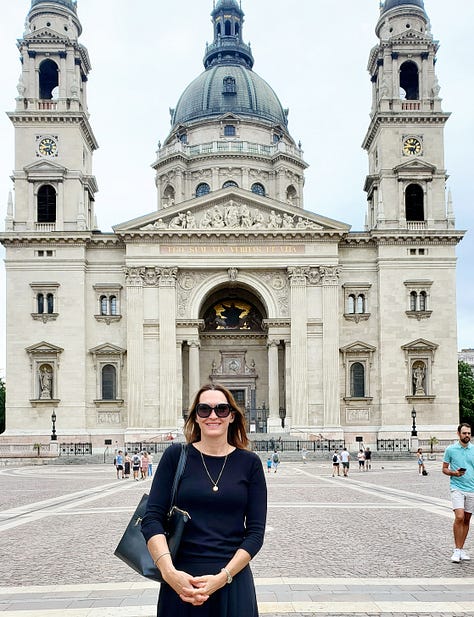
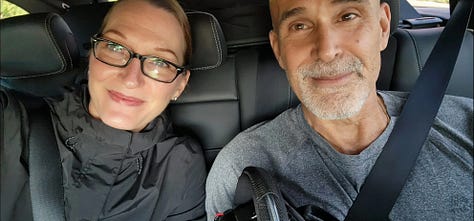
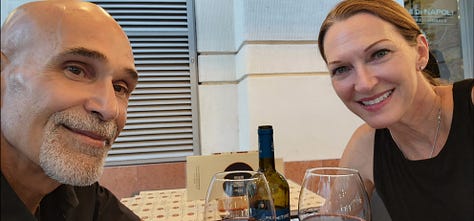
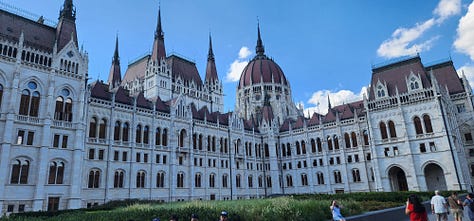
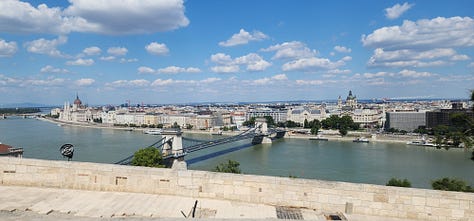
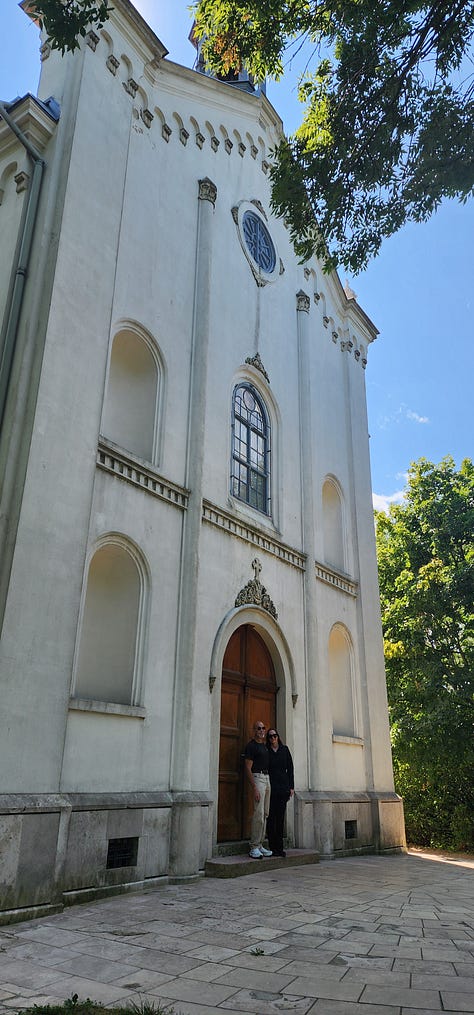
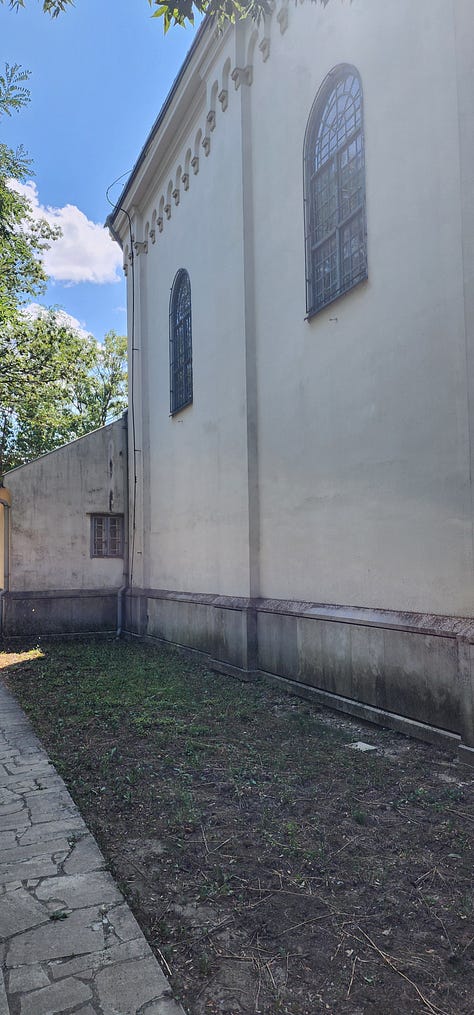
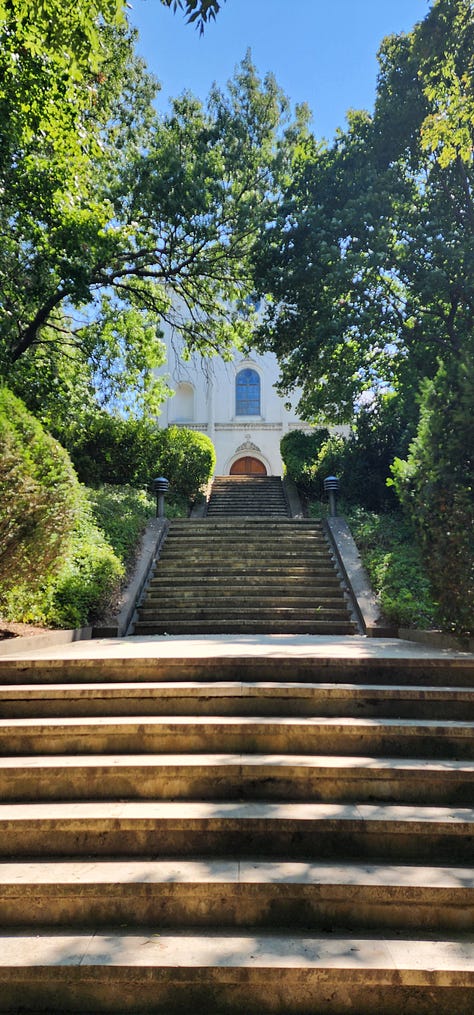
The top two photos are taken at the Anantara New York Palace in Budapest from my first trip (highly recommend), and the others are from last August. The next two are of my husband and me in cab and having pizza, our favorite food in Budapest, with a good Hungarian Primitivo (also highly recommend). The next two are of the Hungarian Parliament Building and the Széchenyi Chain Bridge. The last three are at the chapel where Fr. Jaki is buried at the Archabbey.
Last October, I was invited to speak at a conference in Madrid, Spain. (I wrote a series here about my paper on Aristotle and Jaki’s contention that he failed in physics.) The conference was titled, “The International Congress on Science and Faith in the Centenary of S.L. Jaki,” and it was held at the Universidad San Pablo CEU in collaboration with the Athenaeum Regina Apostolorum and the European University of Rome. The woman who organized the conference is Dr. Lucía Guerra Menéndez (meet her here) who is not only an accomplished medical scholar but also holds degrees in biolaw and bioethics. Fr. Jaki was great friends with Lucía’s family, and they were the ones, specifically Lucía herself, who cared for Fr. Jaki when he died in Madrid in 2009. Here is a photo of the speakers.
In April, I was invited to Győr, Hungary for another conference sponsored by the Benedictine Priory of Győr and the Jaki Society and the Research Group on Religion and Science at the Széchenyi István University of Győr titled “The Savior of Science.” The conference focused on AI and its consequences in light of Fr. Jaki’s teaching. My paper was titled “Organoid Intelligence (OI) and the Human Embryo Nightmare.” In his 1988 book, The Savior of Science, Jaki warned that the (then rather new) rising use of IVF was creating a nightmarish situation in which human embryos were being donated to science. I applied what he said to the newest so-called ‘innovation’ using these unwanted, discarded embryonic children to grow brain "organoids” with the intent of solving the coming energy demands of AI. I plan to post the paper and my slides here at some point, but yes, if you noticed, the very book that started me on this journey brought me right back to Fr. Jaki’s land. My talk was even given in the school he attended in his youth.
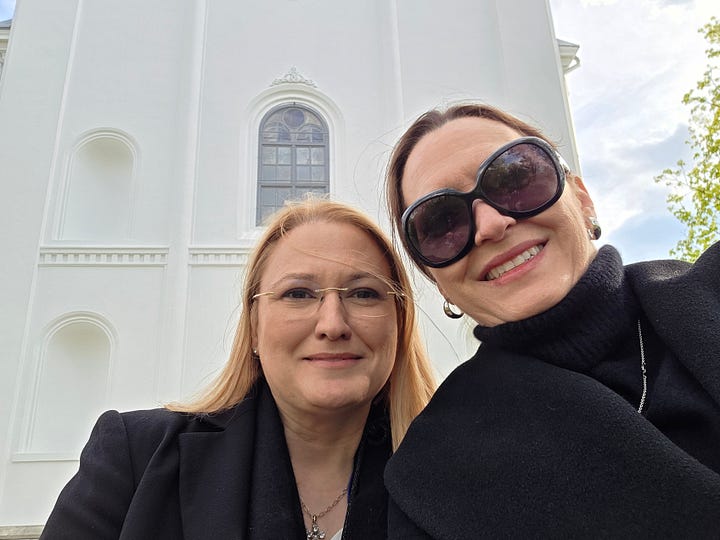
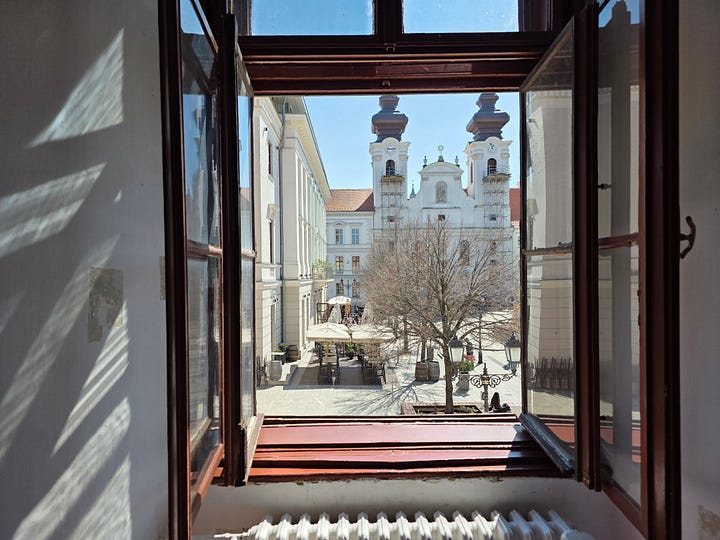
It gets better! During the conference the speakers were invited for a special tour of Pannonhalma Archabbey. What? I thought, I’m going back there! Yes. The prior, Father Sárai-Szabó Kelemen, made arrangements for the speakers to have access into the chapel to visit Fr. Jaki’s tomb. So it is that fifteen years after I first read The Savior of Science, I visited Fr. Jaki’s birthplace, school, archabbey, place where he died, and his tomb where I joined his friends and new scholars in prayer for his soul—at a conference by the same name as that book. No way I ever could have planned all that. Thanks be to God, Fr. Jaki, and the good people who welcomed me to their friendship.
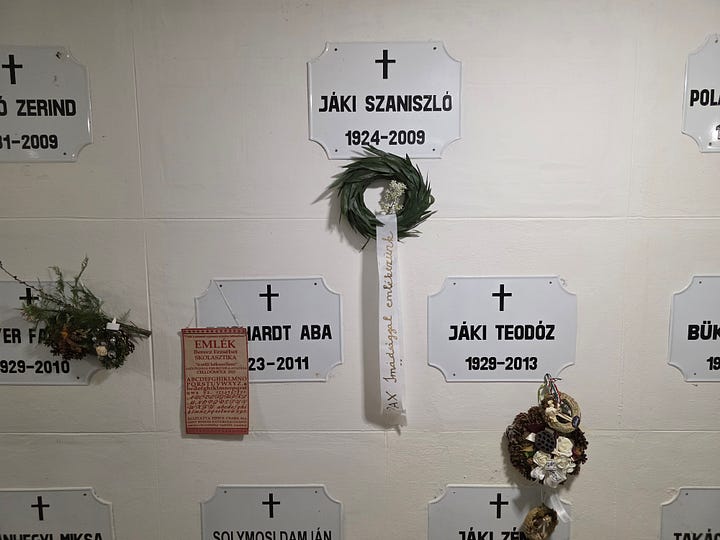
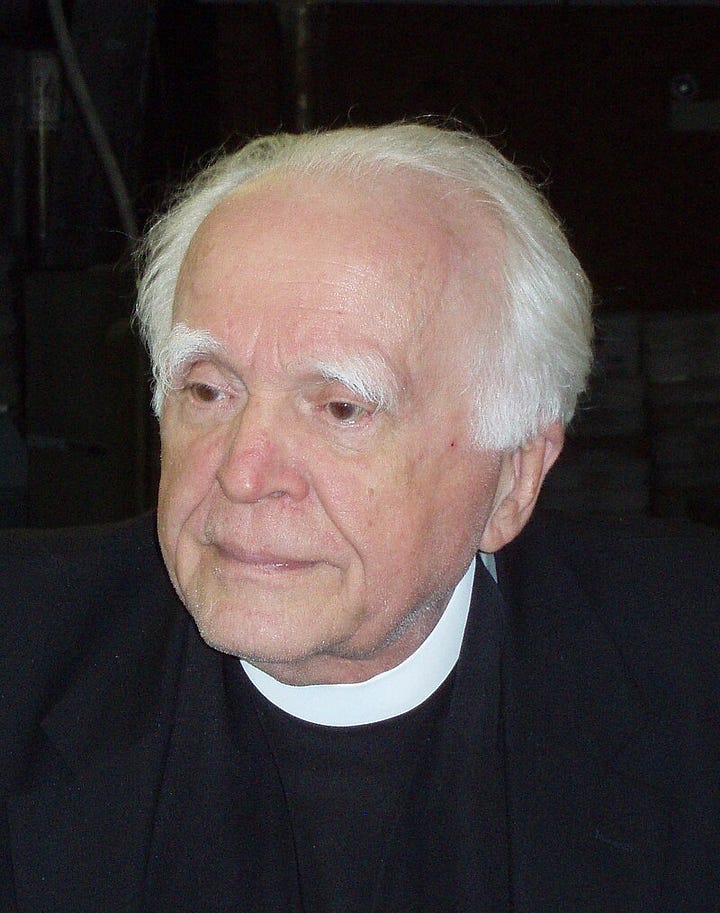
The moral of this story is, as I said in the beginning, to be bold about devoting yourself to mentors. I never met Fr. Jaki in person because I didn’t read The Savior of Science until the year after he died, but I knew there was something special about his insights, and I set out to learn all I could. I don’t think I could read in my lifetime all that he wrote in his, but I hope to add to his work by applying his teaching to new problems, like we did with AI in Győr. When you pick an intellectual mentor, you need not agree with everything, for that is the layout of scholarship. Don’t stop reading until you understand your mentor’s mind. Be dogged about it! Disagree, work out solutions, expect your work to be critiqued in return, ask for help, and seek to contribute new knowledge to the field only after traversing ground already covered. Then enjoy the journey across the landscape that will unfold. Mine took me halfway around the world.
God bless you,


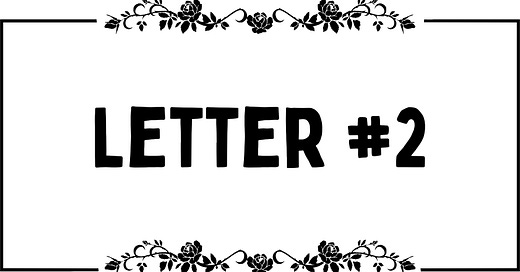


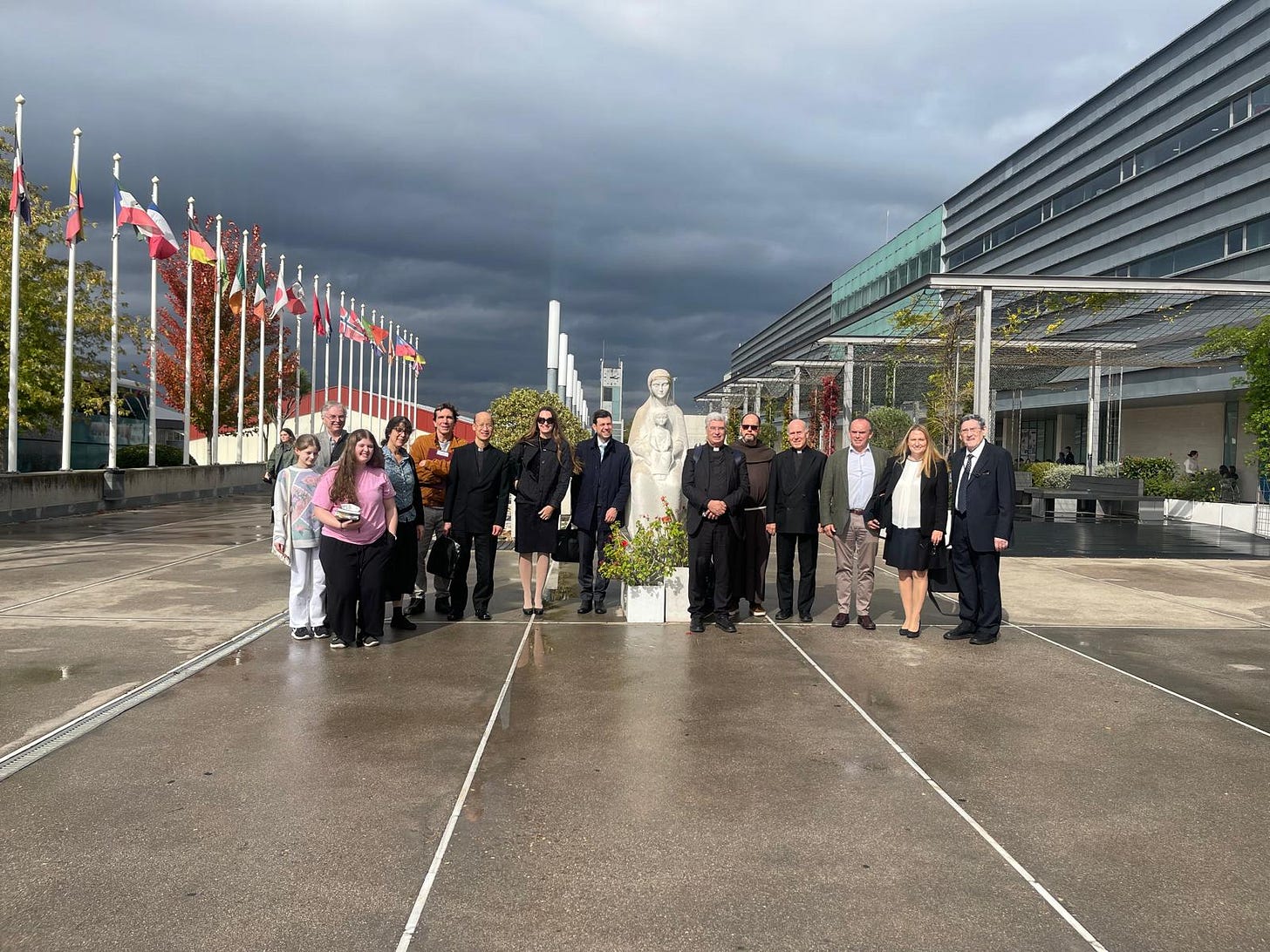
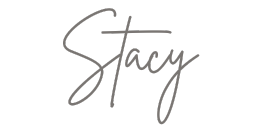
Stacy, thanks for this wonderful trip into Hungary and your relationship with Fr. Jaki. As a member of SOLT, I did a deep dive into Solt, Hungary on the Danube and fell in love with the history and culture of this beautiful land.
Great advice about following a mentor. I'm a freelancer and that freedom may be my lot in life. Now all I hope to do is plant seeds.